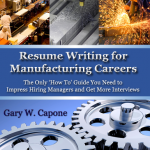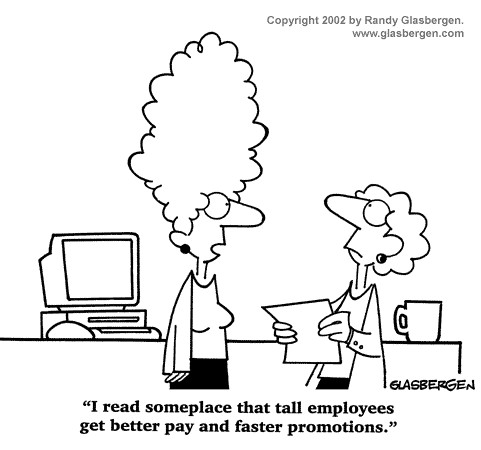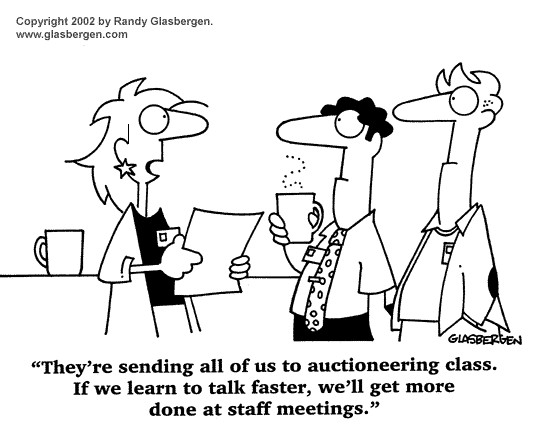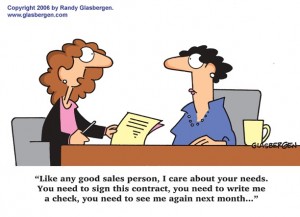The most common resume structure is the Chronological resume. The name is a misnomer though. A chronological resume should be in reverse chronological order, with the most recent information at the top and oldest at the bottom of the resume.
be in reverse chronological order, with the most recent information at the top and oldest at the bottom of the resume.
There is a good reason why this structure is so common and effective. A resume is a sales pitch for the job seeker. The sales pitch should start with the most persuasive and impressive information at the top. The most recent experience usually makes the the best impression.
For the vast majority of job seekers, listing the most recent job first is not news. Despite this, there are job seekers that continue to make mistakes. I’m currently conducting a resume study, similar to the resume benchmarking survey we did last year. So far, I have run into several chronological resumes that either start with the oldest job or have the jobs in an order unrelated to the dates of the jobs.
The reverse chronological order is so common, you should not deviate. Choosing a different order for your work experience will draw attention away from your skills and experience and cause the reader to question why the order is different from normal. You only have a short time to make a good first impression. Wasting even a few seconds can hurt your chances. The time the hiring manager spends thinking about the structure is time they are not thinking about the content of your resume.
Choosing something other than reverse chronological order for work experience is rare, but is more common with other sections the resume. I’ve read a number of resumes that list training and education in unusual orders. For example, one resume listed the bachelor’s first, then the master’s degree. This wouldn’t have been as big a problem if the degrees had not be mixed in with a list of training classes. This caused me to almost miss the master’s degree.
When listing your education, degrees are listed separate from training classes. They should also be listed in reverse chronological order. This should place the most advanced degree at the top of the education section. Training classes can be included within the education section, or in a separate training section. These should also be listed in a reverse chronological order. You may want to put your degrees near the top of your resume, but your training classes should be at the end. They are far less significant and should be placed after more critical information.
If you have other sections that list experience, place these in reverse chronological order. For example, someone in the construction industry might have a section of their resume with a project list. This list should be in reverse chronological order.
Now there are other organizational options that need to be considered. Dates are important, but grouping information by type and function is also important. I mentioned that a person’s education should be organized with degrees and training classes separate. The same can happen with the construction example. Projects in construction may be organized by building type. Within the building type sections, we go back to the reverse chronological order.
The work experience order can have one major issue that may cause a person to break their experience into different sections. There are job seekers that concurrently have two different careers. This is common with military reservists. The job seeker can have a civilian career at the same time they have a military career. Listing two work experience sections, one for military and one for civilian work can make the resume easier to read and understand. Other individuals may have a business they run outside of work. Others may have significant volunteer work. Separating these roles from their career is good idea. In both experience sections, the reverse chronological order should be maintained.
When you write your resume, group information in the sections that make it easiest read. For most people, this will include a summary, work experience, eduction, skills and training. Each of these sections should then be in reverse chronological order. If you consider breaking up information into other sections or a different order, get someone to do a resume review. Make sure your organization makes your resume easier to read, not harder. It is likely your resume will only get a 15-30 second look before the hiring manager decides to keep reading or throw it away. Don’t waste a second.






